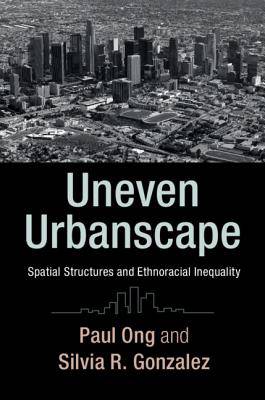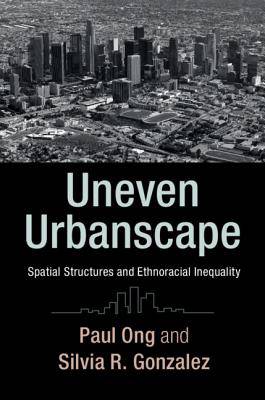
- Afhalen na 1 uur in een winkel met voorraad
- Gratis thuislevering in België vanaf € 30
- Ruim aanbod met 7 miljoen producten
- Afhalen na 1 uur in een winkel met voorraad
- Gratis thuislevering in België vanaf € 30
- Ruim aanbod met 7 miljoen producten
Zoeken
€ 104,95
+ 209 punten
Omschrijving
Uneven Urbanscape takes a new theoretically grounded view of how society produces and reproduces ethnoracial economic inequality. Drawing on empirically rich documentation and quantitative analysis utilizing multiple data sources, including the US Bureau of the Census, Ong and Gonzalez assess the patterns, causes, and consequences of urban spatial disparities, specifically in home ownership, employment, and education. They focus on the global city of Los Angeles in order to examine outcomes across small geographic units that approximate neighborhoods and places, and to analyze the location-specific effects of geographic access and isolation within the region. Using a mix of micro-level data and aggregated statistics, Uneven Urbanscape provides one of the most comprehensive understandings of urban ethnoracial disparities and inequalities from 1960 to the present day.
Specificaties
Betrokkenen
- Auteur(s):
- Uitgeverij:
Inhoud
- Aantal bladzijden:
- 258
- Taal:
- Engels
- Reeks:
Eigenschappen
- Productcode (EAN):
- 9781107170322
- Verschijningsdatum:
- 27/06/2019
- Uitvoering:
- Hardcover
- Formaat:
- Genaaid
- Afmetingen:
- 152 mm x 229 mm
- Gewicht:
- 553 g

Alleen bij Standaard Boekhandel
+ 209 punten op je klantenkaart van Standaard Boekhandel
Beoordelingen
We publiceren alleen reviews die voldoen aan de voorwaarden voor reviews. Bekijk onze voorwaarden voor reviews.











